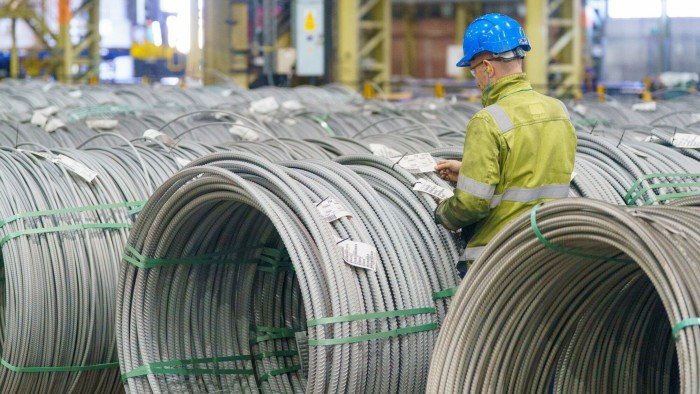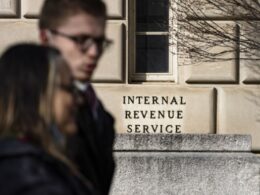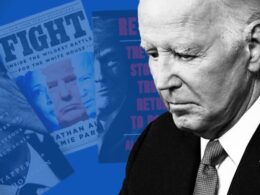Unlock the White House Watch newsletter for free
Your guide to what Trump’s second term means for Washington, business and the world
Sir Keir Starmer has put on hold hopes of a zero per cent US tariff for a quota of British steel exports in favour of negotiating with Donald Trump a “permanent” 25 per cent tariff for all steel exports.
Starmer’s allies told the Financial Times that a guaranteed 25 per cent tariff for UK steel exports would provide “certainty” to the industry and a competitive advantage as it is half the 50 per cent rate paid by other countries.
Although Starmer’s team still hopes to move towards a zero per cent tariff over time, the outline deal struck in the past 24 hours between London and Washington will be seen by some as a capitulation by the prime minister.
When Starmer and Trump struck an outline tariff deal in May, Downing Street boasted that the prime minister had “negotiated the 25 per cent tariff down to zero”.
UK government officials said locking in the current preferential 25 per cent tariff deal for British steel was not yet a “formal agreement” but that it might be announced during Trump’s three-day state visit to Britain, which starts on Tuesday.
They say Britain could have pushed for a small zero per cent quota for British steel exports, but that would have left the remainder exposed to the US 50 per cent global tariff.
“It also would have given no incentive to grow exports,” one official told the FT.
They added: “This proposal to make the 25 per cent tariff permanent gives us an advantage over global competitors, it gives certainty to the industry and there are incentives to expand exports.”
British officials said there would still be “a path” towards a zero per cent tariff if the UK, potentially in concert with Europe, could more closely align with US attempts to address Chinese steel-dumping.
The UK currently has safeguard measures against Chinese steel, allowing a set amount of products to be imported tariff-free, and then imposing a 25 per cent tariff on all imports once the quota has been exceeded.
Sam Lowe, trade lead at consultancy Flint Global, said the prospect of a permanent 25 per cent tariff on steel was likely to disappoint UK industry, which had expected a zero per cent rate.
“Depending on the quota size that was on offer, the government will be able to argue that an average tariff rate applied to UK exports of 25 per cent will end up being lower than a zero per cent tariff applied to a small volume of exports and then 50 per cent to everything else,” Lowe said.
“However, I think this will come as a surprise to industry, in particular those which are suffering as a result of the US tariff on steel derivative products,” he added.
The 25 per cent tariff hits not just UK steel manufacturers but also other companies that use steel in products that they export to the US — such as the Staffordshire-based digger manufacturer JCB.
Source link









